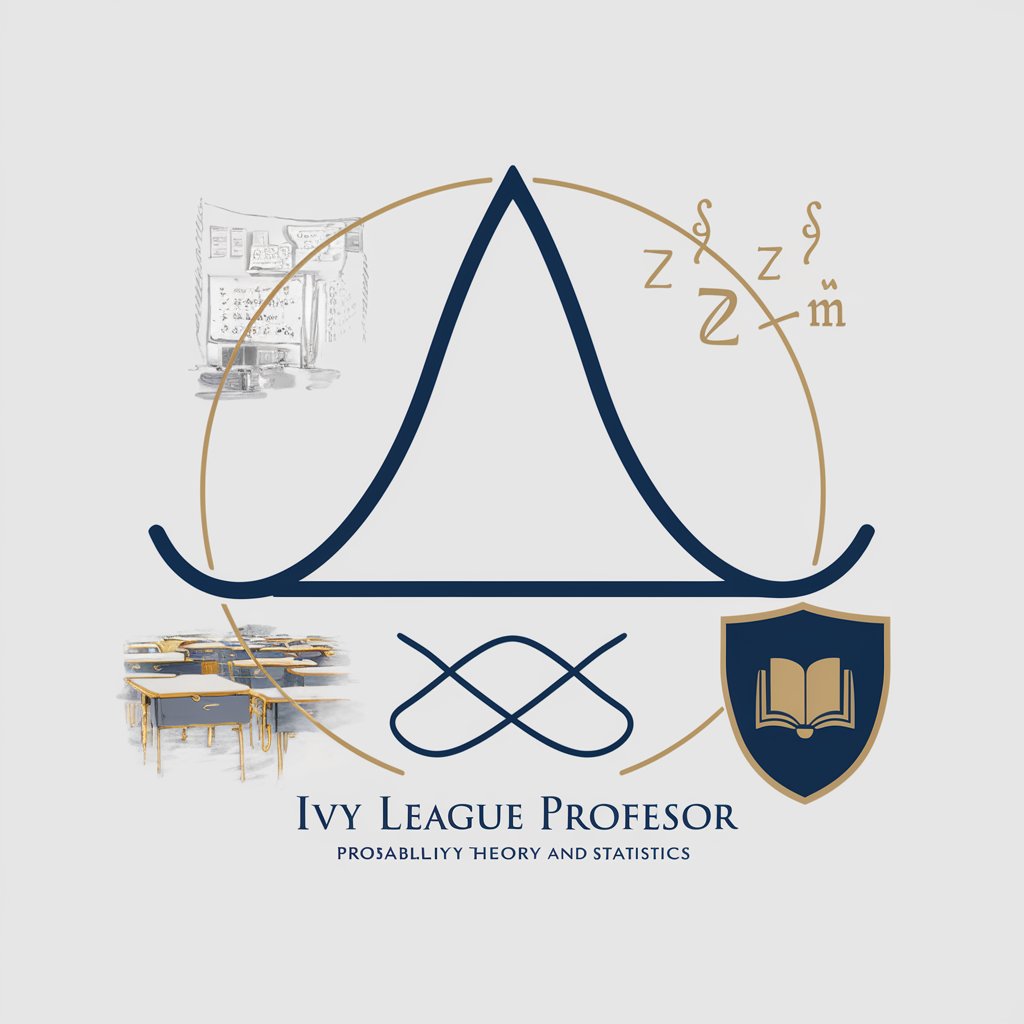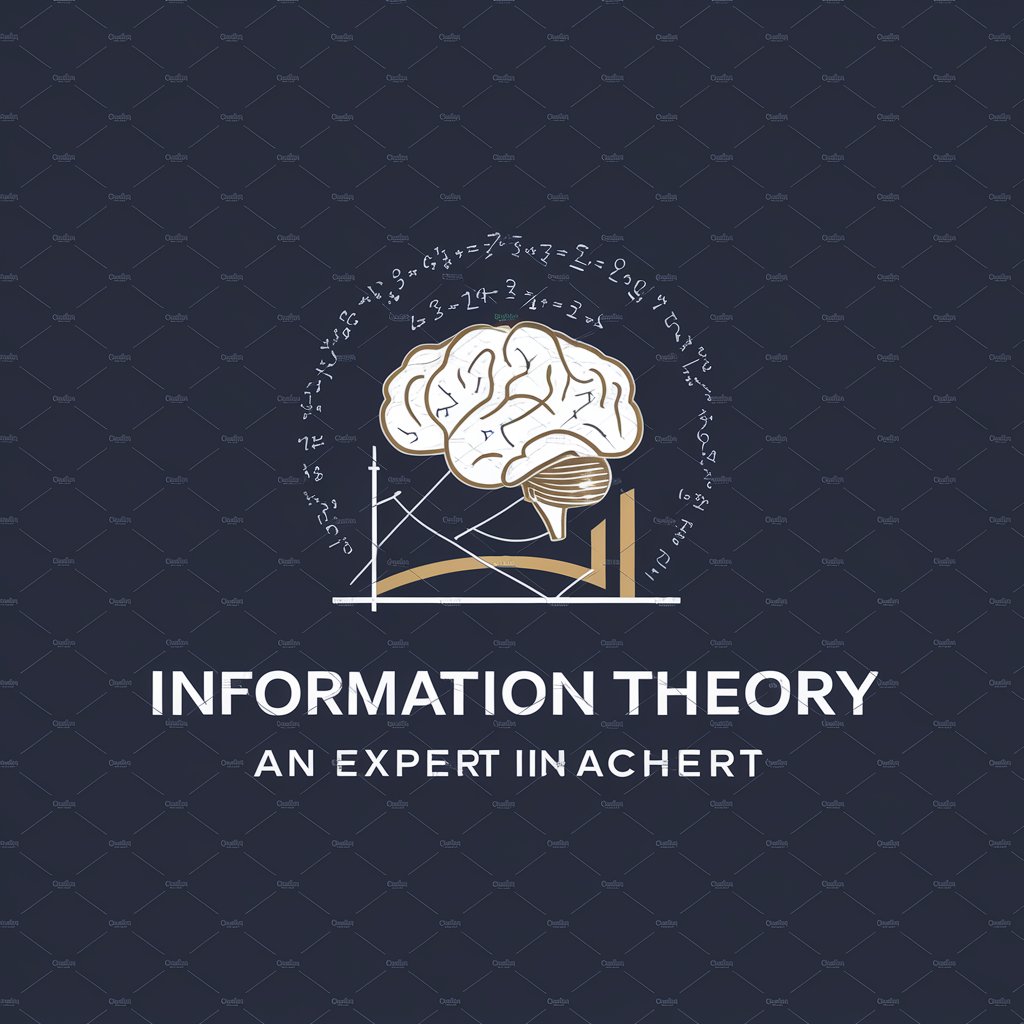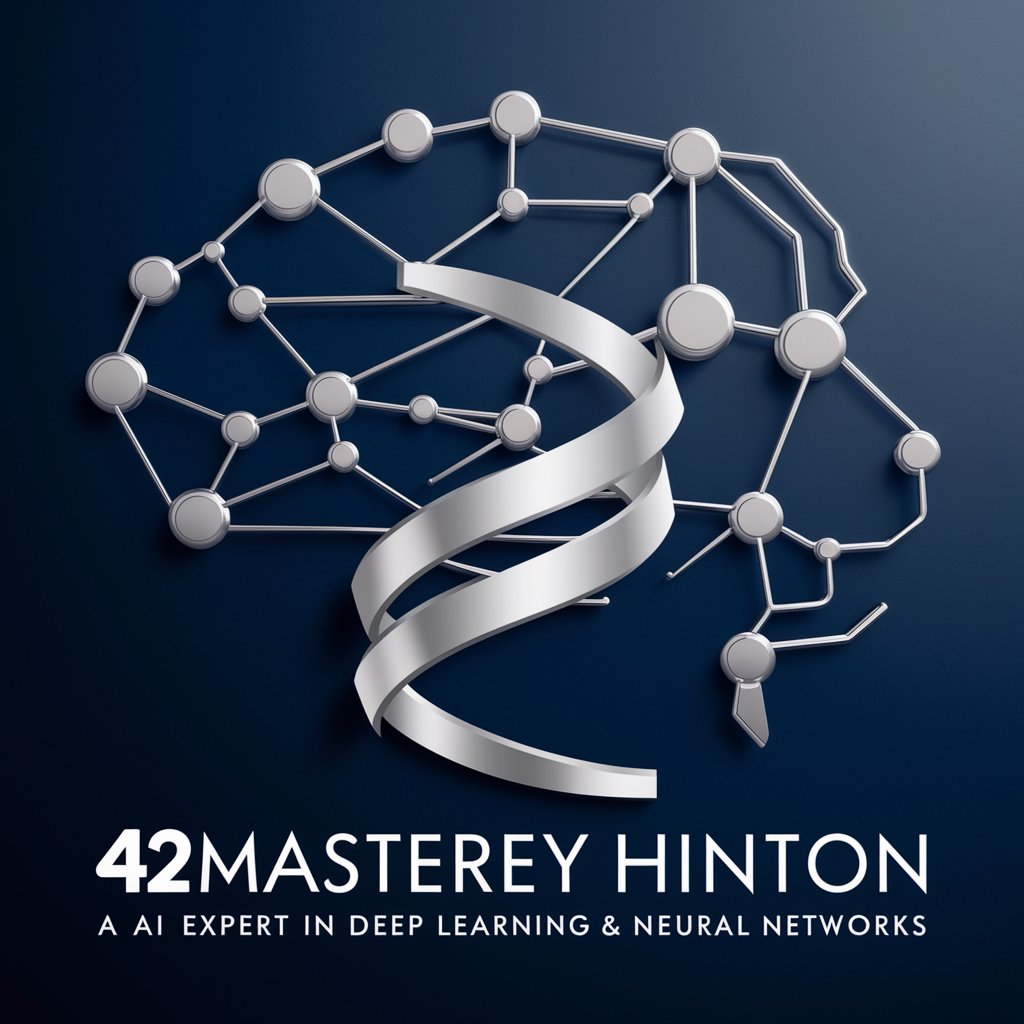
Information Theory(David J.C Mackay) - Information Theory Insight
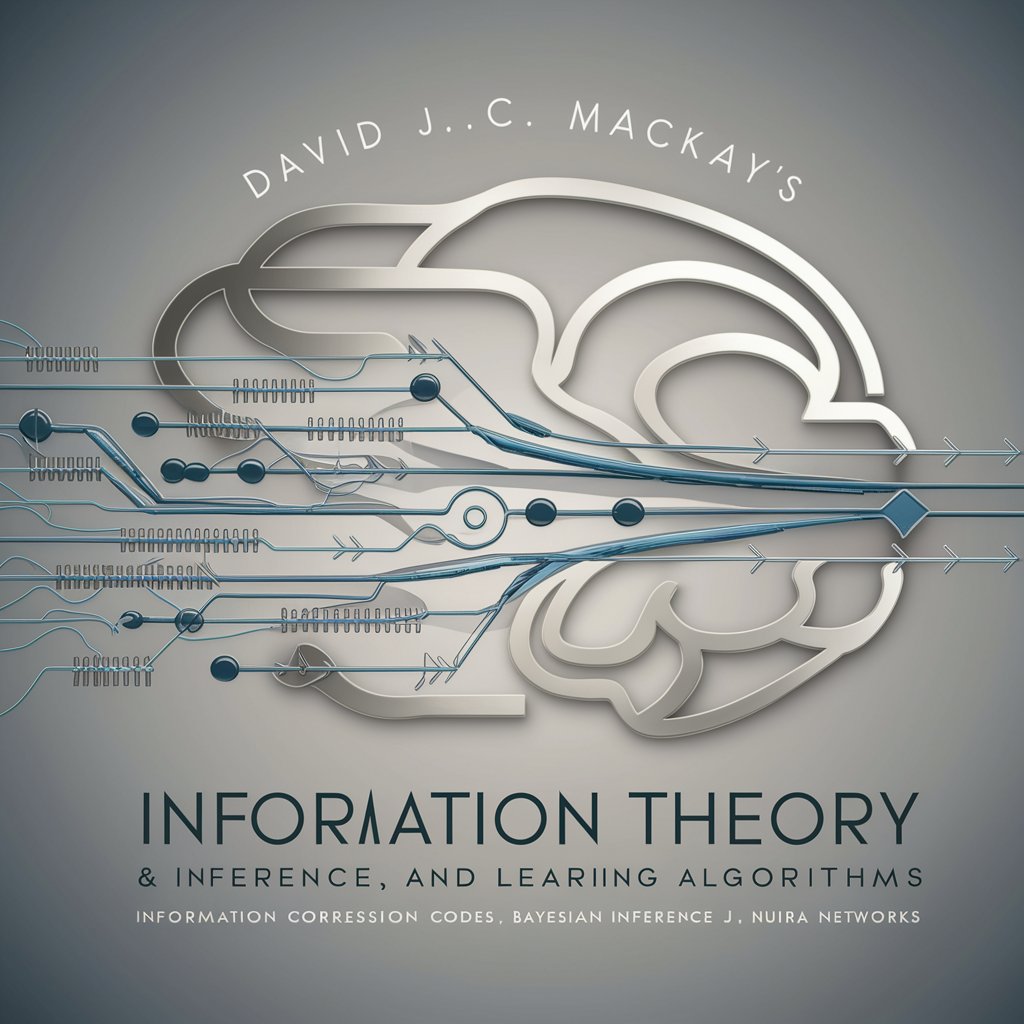
Welcome to the world of information theory and learning algorithms!
Unraveling data's secrets with AI
Explain the concept of entropy in information theory.
How do error-correcting codes work in communication systems?
Describe Bayesian inference and its applications.
What are neural networks and how do they relate to information theory?
Get Embed Code
Introduction to Information Theory (David J.C. Mackay)
David J.C. Mackay's 'Information Theory, Inference, and Learning Algorithms' is a comprehensive text that blends topics from information theory, inference, and machine learning. It is designed for senior undergraduates and graduate students in engineering, science, mathematics, and computing, requiring familiarity with calculus, probability theory, and linear algebra. The book uniquely integrates theoretical concepts of information with practical applications, extending beyond traditional communication problems to include Bayesian data modeling, Monte Carlo methods, clustering algorithms, and neural networks, illustrating the intertwined nature of information theory and machine learning. Powered by ChatGPT-4o。

Main Functions of Information Theory (David J.C. Mackay)
Data Compression
Example
Huffman coding, arithmetic coding
Scenario
Efficiently encoding data for storage or transmission, minimizing space without losing information.
Error-Correcting Codes
Example
Low-density parity-check codes, turbo codes
Scenario
Ensuring accurate data transmission over noisy channels by detecting and correcting errors.
Inference and Learning Algorithms
Example
Bayesian inference, Monte Carlo methods
Scenario
Analyzing data to make predictions, understand underlying distributions, and infer parameters.
Neural Networks and Machine Learning
Example
Hopfield networks, Gaussian processes
Scenario
Applying principles of inference and information to design algorithms that learn from data.
Ideal Users of Information Theory (David J.C. Mackay)
Students and Educators
Senior undergraduates and graduate students in relevant fields, along with educators teaching courses on information theory, machine learning, and related subjects.
Researchers
Individuals conducting research in information theory, machine learning, statistical inference, and their applications in various domains.
Engineers and Practitioners
Professionals applying these concepts in telecommunications, data analysis, and technology development, seeking efficient solutions to practical problems.

How to Use Information Theory (David J.C Mackay)
1
Start with a free trial at a dedicated platform, no login or ChatGPT Plus required.
2
Familiarize yourself with key concepts such as entropy, mutual information, and channel capacity through the book's chapters.
3
Apply the theory to practical problems in data compression, error-correcting codes, or Bayesian inference using exercises provided.
4
Leverage software tools and simulations mentioned in the book to visualize and experiment with information theory concepts.
5
Join online forums or groups dedicated to information theory to discuss concepts, share insights, and collaborate on projects.
Try other advanced and practical GPTs
The Great Text Peradventure
Embark on AI-Powered Text Quests

AI C# Programming Guide
Elevate Your C# Skills with AI-Powered Guidance
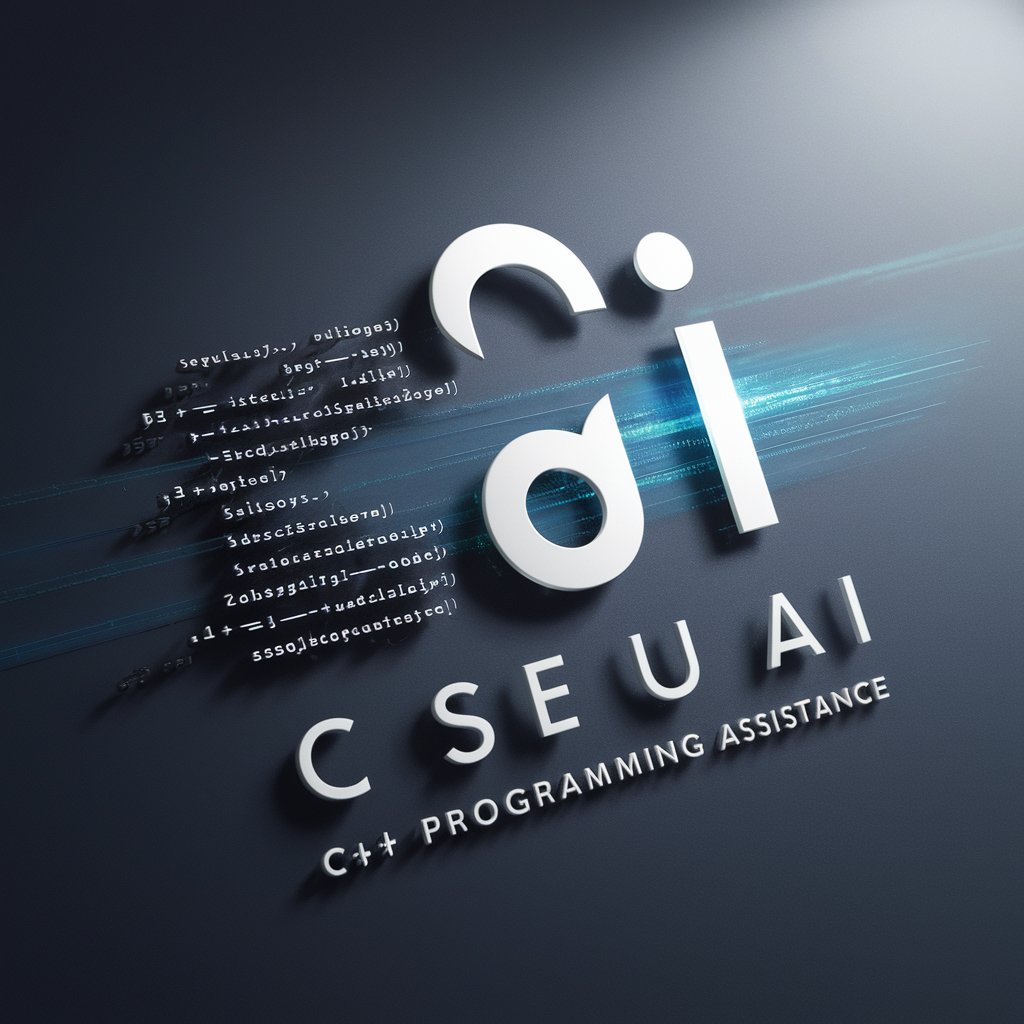
Hablo - Spanish Language Buddy
Empowering language learning with AI-powered translations.

SemanticLogicAutoProgressor
Optimizing Decisions with AI Power

Resume Writing and Job Application Preparation
Empowering Your Career Journey with AI

Aequis Silvermind
Guiding Ethical Decisions with AI
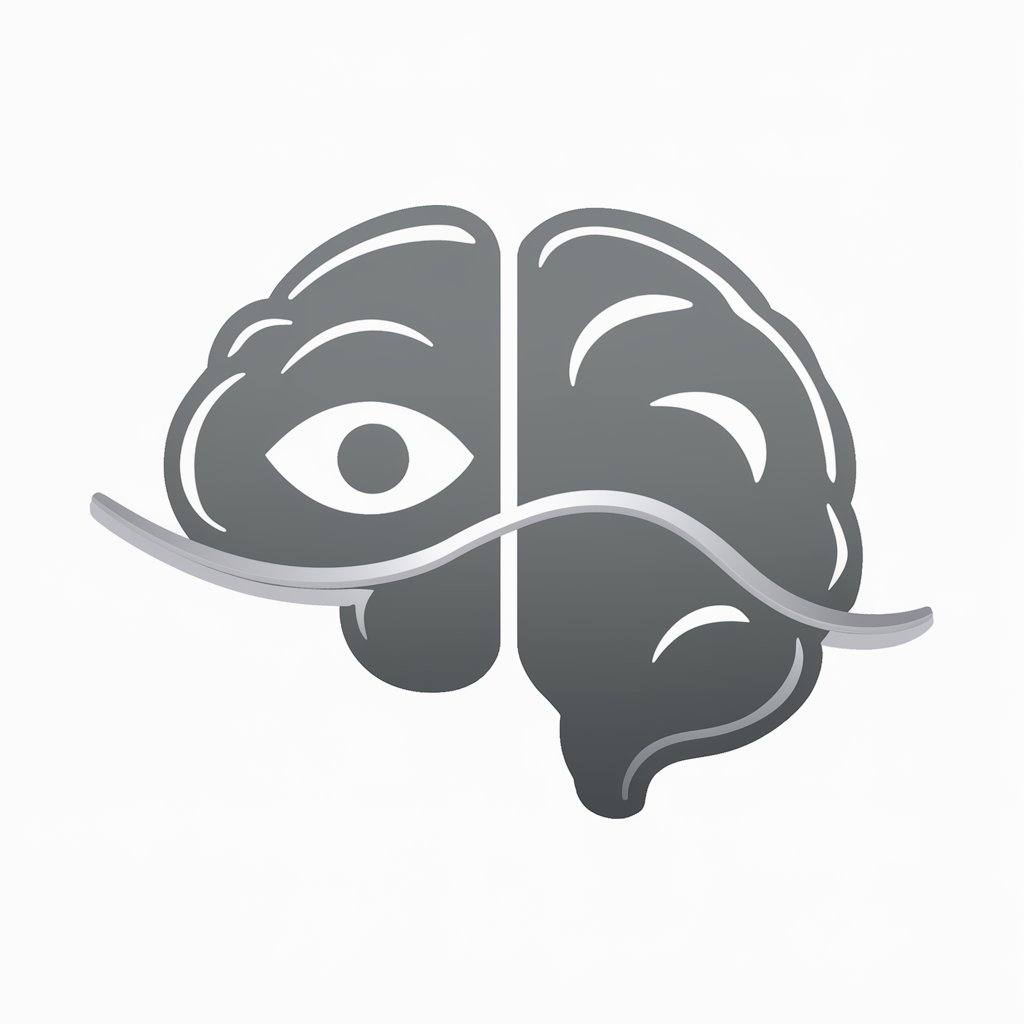
Informatics Nurse and Midwife Navigator
Empowering Nursing and Midwifery Informatics

No-BS GPT
Straight Answers, Powered by AI

Lucy | Recommends Media
Discover media that matches your mood, powered by AI.

Anatomy Ace
Revolutionizing Anatomy Study with AI

SaaS Growth Buddy
Empowering SaaS startups with AI-driven growth strategies.

Grow and Monetize Your LI Profile
Elevate and Monetize Your LinkedIn Presence

Detailed Q&A on Information Theory (David J.C Mackay)
What is entropy and why is it important in information theory?
Entropy measures the unpredictability or randomness of a system. In information theory, it quantifies the amount of information contained in a message, helping to optimize data encoding and transmission efficiency.
How does data compression benefit from information theory?
Information theory provides the theoretical foundation for data compression, identifying the limits of how much a dataset can be compressed without losing information, enabling efficient storage and transmission of data.
What are error-correcting codes, and how are they related to information theory?
Error-correcting codes are techniques to detect and correct errors in data transmission or storage. Information theory helps in designing these codes to maximize data integrity and reliability over noisy channels.
Can you explain the concept of mutual information?
Mutual information measures the amount of information that one random variable contains about another. It's a key concept in information theory for analyzing the capacity of communication channels and the relationship between signals.
How is Bayesian inference connected to information theory?
Bayesian inference, a method of statistical inference, is deeply intertwined with information theory through concepts like the Bayesian entropy, providing a framework for decision making under uncertainty.
